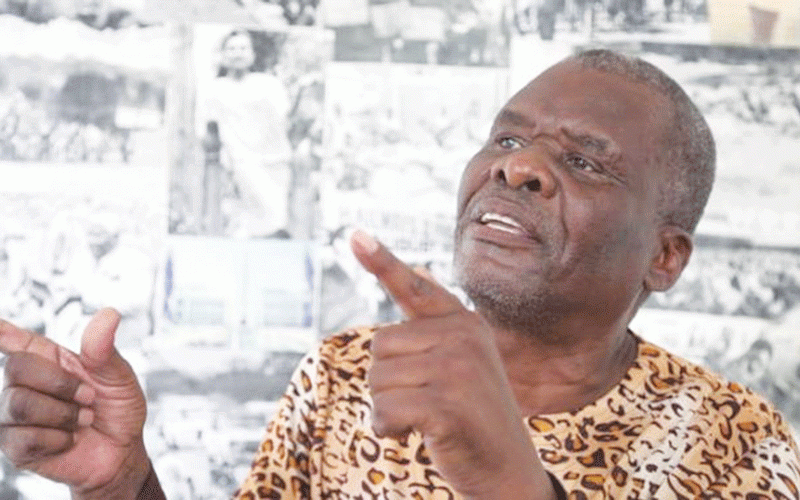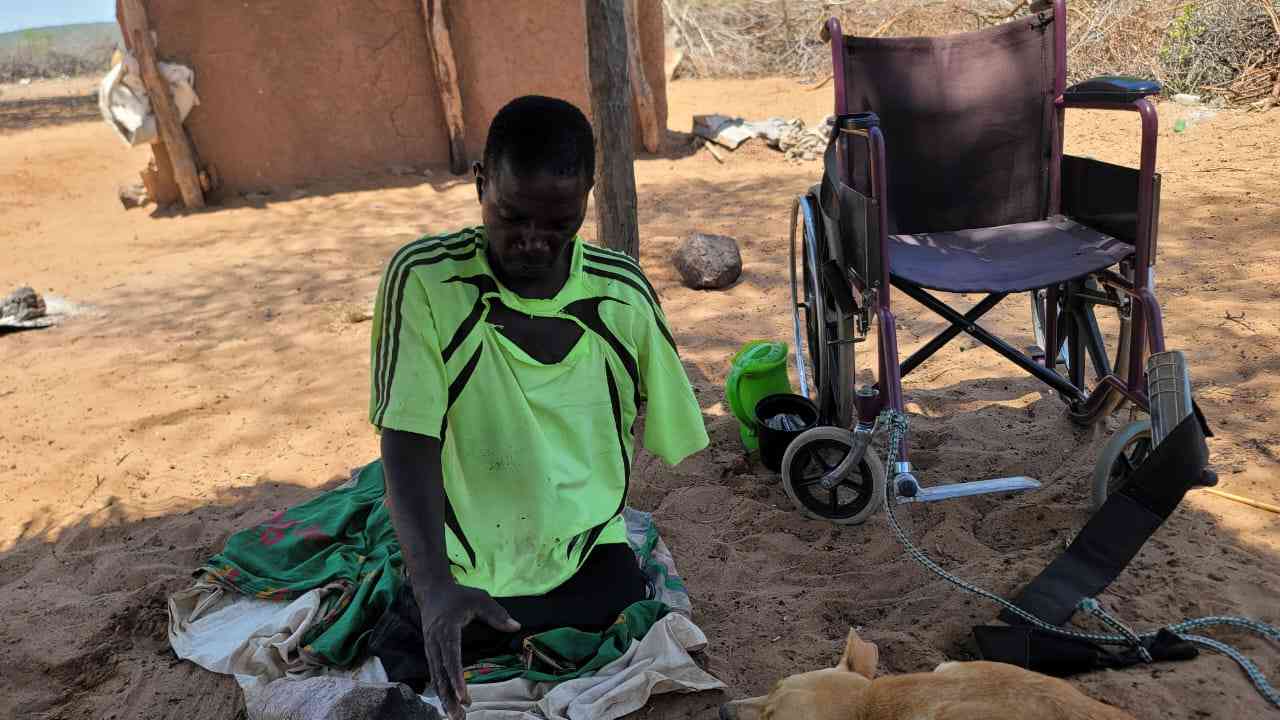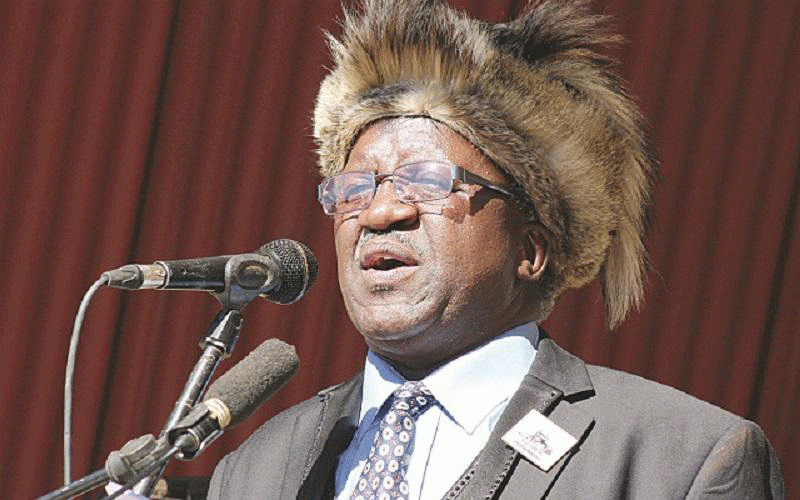
WAR veteran and former ZPRA regional zone commander, Andrew Ndlovu, has called for a relook at how Zimbabwe recognises its liberation fighters especially commanders who were never officially acknowledged.
In a letter addressed to the Veterans of the Liberation Struggle minister, Senator Monica Mavhunga, Ndlovu argued that the current system fails to distinguish the unique roles played by fighters during the war.
In the letter dated October 14, 2024, Ndlovu expressed frustration with the categorisation of veterans under the Constitution of Zimbabwe (Amendment No 20) Act of 2013.
The section lumps together all those who fought in the liberation struggle, but Ndlovu argued that broad definition does not adequately reflect the diverse contributions of ex-combatants in their individual capacities.
“We need to split this category into two,” he wrote.
“The first group should be frontline fighters — those who joined the struggle, received training and fought directly against the enemy inside Rhodesia until the surrender of Ian Smith’s regime.
“The second should be rear support fighters — those who received training but did not operate on the frontlines until ceasefire.”
Ndlovu also called for the recognition of commanders who led operations during the war but were never officially acknowledged.
- Liberation war stalwart pens political book
- Liberation war stalwart pens political book
- Zapu, CCC, Zanu PF in joint call for peace
- Ndlovu speaks on arrest ordeal
Keep Reading
He suggested that these revolutionary leaders, who co-ordinated both frontline and rear operations, deserve formal retirement through commissions appointed by President Emmerson Mnangagwa.
“These commanders faced immense challenges, leading guerrilla forces against Ian Smith’s Nato-backed regime,” Ndlovu wrote.
“Yet, many of them have been forgotten. Their liberation ranks were never recognised and their sacrifices remain undocumented.”
He also proposed the awarding of medals in recognition of bravery to frontline fighters and the declaration of hero status for commanders who demonstrated exceptional leadership.
According to Ndlovu, this recognition is not just about honouring the past but about setting the record straight for future generations.
“History cannot be preserved through generalisations,” he said.
“We must acknowledge the individuals who risked their lives to ensure Zimbabwe’s freedom.
“Their contributions were not the same and we cannot treat them as if they were.”
Ndlovu’s letter revealed deep frustration with what he perceives as a lack of political will to address these issues.
He noted that he previously raised his concerns during a Parliamentary Portfolio Committee on War Veterans’ public hearing programme, but no action has been taken.
“How can we talk about honouring our heroes when some of their most basic sacrifices remain unrecognised?”
The call for recognition comes at a time when war veterans are increasingly speaking out about their dissatisfaction with how their contributions have been acknowledged — or ignored — since independence.
For Ndlovu, redefining the categories and recognising commanders will go a long way towards addressing these grievances.
“It’s not just about medals or titles. It’s about justice and ensuring that the legacy of our liberation struggle is accurately documented,” he said.
“This is for the fighters, their families and the nation as a whole.”








